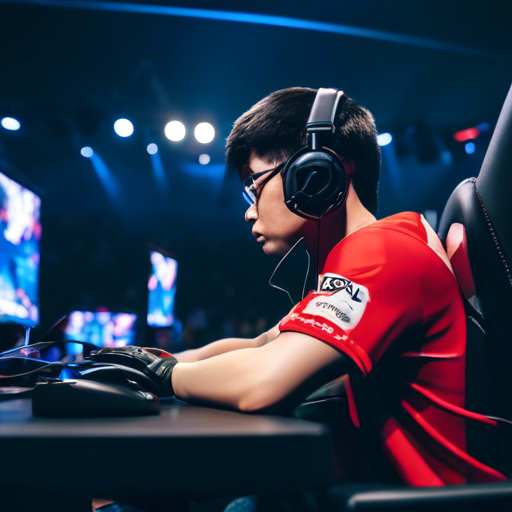Cheating in Esports: Legal Ramifications and Consequences

Cheating in Esports: Legal Ramifications and Consequences
Welcome to our in-depth exploration of the complex world of cheating in esports. As the popularity of competitive gaming continues to soar, so do the instances of cheating scandals that rock the industry. In this article, we will delve into the legal implications and severe consequences that cheaters face in the realm of esports.
The Rise of Cheating in Esports
Cheating in esports has become a significant concern in recent years, with players resorting to various unethical practices to gain an unfair advantage over their opponents. From aimbots and wallhacks in first-person shooters to performance-enhancing drugs in professional gaming, the methods of cheating are diverse and ever-evolving.
- Cheating undermines the integrity of competitive gaming.
- Players risk their reputation and career by engaging in cheating.
- Organizations invest heavily in anti-cheat measures to maintain fair play.
Legal Ramifications of Cheating
While cheating in esports may seem like a victimless crime, the reality is far from it. Beyond the ethical considerations, cheaters can face severe legal consequences depending on the jurisdiction and the nature of their actions. Legal actions against cheaters are becoming more common as esports matures into a professional industry.
Here is a table summarizing the legal ramifications of cheating in esports:
| Legal Consequences | Description | |------------------------|-----------------------------------------------------------------------------| | Civil Lawsuits | Game developers and tournament organizers can sue cheaters for damages. | | Criminal Charges | In extreme cases, cheating can lead to criminal charges such as fraud. | | Contract Termination | Professional players risk losing sponsorships and contracts if caught cheating. |Consequences for Professional Players
Professional esports players caught cheating not only face legal repercussions but also suffer significant career setbacks. *Bans* from tournaments and leagues can tarnish their reputation and make it challenging to find new opportunities in the industry. Moreover, sponsors and fans may distance themselves from players involved in cheating scandals.
Preventive Measures and Anti-Cheat Technologies
Esports organizations and game developers are continuously improving their anti-cheat technologies to detect and deter cheaters effectively. From sophisticated algorithms to manual investigations, these measures aim to maintain a level playing field for all competitors.
- Anti-cheat software scans for unauthorized third-party programs during gameplay.
- Randomized drug testing helps prevent the use of performance-enhancing substances.
- Player education on the consequences of cheating promotes fair play and sportsmanship.
Impact on the Esports Ecosystem
The prevalence of cheating in esports not only damages the reputation of individual players but also undermines the credibility of the entire industry. Spectators and sponsors alike expect fair and honest competition, and any hint of cheating can erode trust and interest in esports as a legitimate sport.
FAQs
Q: Can cheaters face criminal charges for cheating in esports?
A: Yes, in some cases, cheating in esports can lead to criminal charges, especially if it involves fraud or other illegal activities.
Q: How do esports organizations detect cheaters?
A: Esports organizations use a combination of anti-cheat software, manual investigations, and drug testing to detect and deter cheaters in competitive gaming.
Q: What are the long-term consequences of cheating for professional players?
A: Professional players caught cheating can face bans from tournaments, loss of sponsorships, damage to their reputation, and limited career opportunities in the esports industry.
